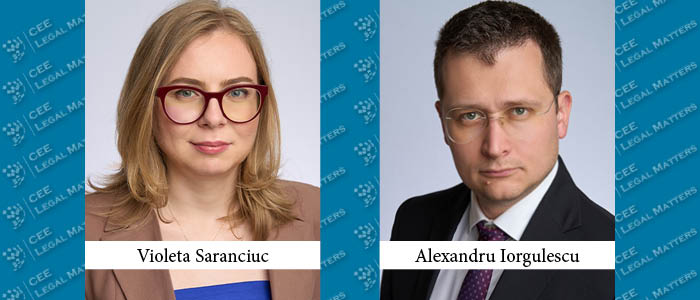“In general we are still suffering the consequences of the political crisis we’ve endured for two years now,” says Kristijan Polenak, the Managing Partner of the Polenak Law Firm in Skopje, of the unsettled situation in Macedonia.
“The elections in early December did not solve it, and no parliamentary majority was created to elect the government, meaning we have a temporary government with limited ability to get things done.” As a result, Polenak sighs, “this reduces the chances of having laws passed and improving regulations.” There are talks among the various political parties to create a coalition, but this will probably drag on,” Polenak says, calling it “familiar for the region.”
Despite ongoing political uncertainty, Polenak reports, foreign investments in the country in the first eleven months last year reached EUR 213.5 million, showing improvement from EUR 157 million in 2015. Still, Polenak notes that the country failed to meet the initial forecast of growth in GDP in 2016, mustering only about 2.4%. “The instability is reflected in all sectors of social life,” Polenak says. “You name it. Anywhere.” He says, “Uncertainty is a killer for business.”
Still, his own circumstances don’t reflect the country’s problems. “Notwithstanding all that,” Polenak says, “because we have about 90% foreign-based clients, our firm didn’t see a decline last year. Indeed, we had a good year in 2016, with above 7% increase in income over the year before.” Not everyone in the market is so fortunate, he concedes. “What I’m hearing is that some law firms in Macedonia are struggling,” he says. “Particularly those focusing on domestic clients.”
Polenak reports that the Macedonian Bar Association has passed new tariffs, which became effective in September 2016, and which have increased the prices of legal services. “These tariffs introduced a minimum threshold of legal fees, which are fairly high,” he says, noting that they “are bound to affect the market, meaning people will be hesitant to retain a lawyer for small or medium-sized matters.” Many lawyers are enthusiastic about the changes, as “finally we have a proper tariff.” Polenak himself isn’t so sure. “That’s fine,” he says, “but whether the market can accept it we’ll have to see.”
Finally, Polenak turns to the subject of the increasing alliances and networks popping up among law firms in CEE, particularly in the countries of the former Yugoslavia, calling it “obviously a trend, and it will continue.” According to Polenak, “this shows that law firms are grouping into networks on a larger scale, probably because the local markets are fairly small.” For him, the question “Does it really enhance quality?” is unsettled, though he notes that “I can tell you that we learned a lot from our bigger partners in the SEE Legal Group, like Turkey, Romania, and Greece.” Macedonia, he notes, is small, with no international or regional law firms, and those few that have tried to operate in the country as incorporations are facing scrutiny from the Macedonian Bar.





























